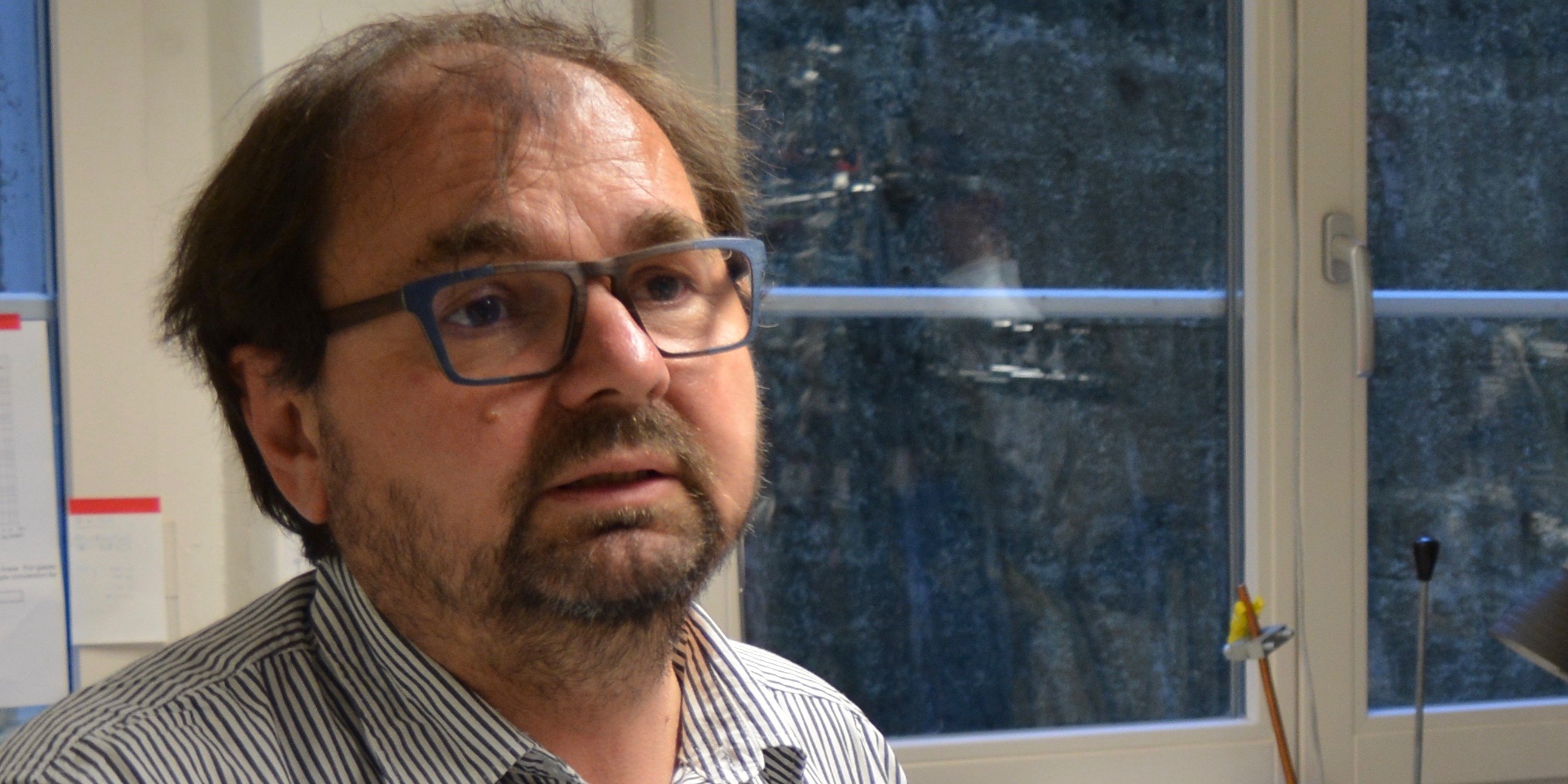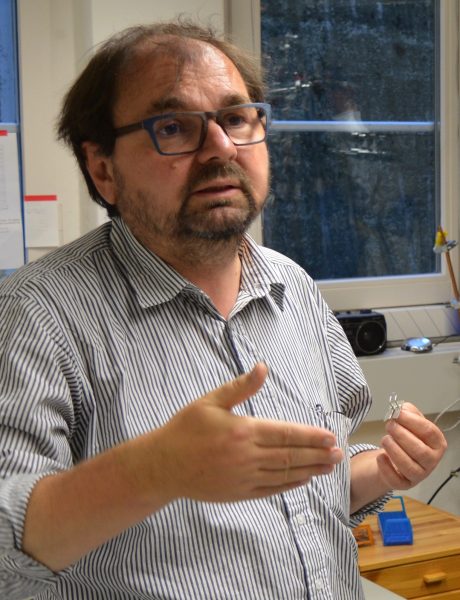An inter- and multidisciplinary endeavor


Klaus Mezger is Professor for Geochemistry at the University of Bern and PlanetS Co-Project Leader 2. (Photo PlanetS).
By Klaus Mezger
Planetary science is a multi-disciplinary research field that is populated by an unusually diverse group of scientists with very different backgrounds, competences and interests. Our NCCR PlanetS relies heavily on expertise that comes from very distinct scientific fields that have evolved over the last few hundred years and brought us an enormous amount of scientific knowledge. A goal of PlanetS is to be a truly interdisciplinary research endeavor, because planets are highly complex physical and chemical systems and studying their origin and evolution requires experts and expertise from a multitude of disciplines. Interdisciplinarity is not necessarily a good or a bad thing, it can be both; it can have its benefits but is definitely challenging. Interdisciplinarity is not the only way to make scientific progress; it is one option and potentially a highly fruitful one, and currently also very fashionable. It definitely requires being an expert in one discipline and knowing a part of another research field and its methods at least to some extent; only then can this expertise be of use and bear fruit in an interdisciplinary research project.
Although interdisciplinarity has become almost synonymous with “good science” in the last two decades, it is fair to state that not all good science is interdisciplinary. In any case, what does “interdisciplinarity” actually mean for our everyday research projects in terms of what we study and how do we go about it? The objects (planetary bodies, nebula….) and process (formation and evolution) we study are undoubtedly all very complex and difficult to reduce to a simple well constrained experiment or analysis, as it is commonly done in Physics, which is considered a “precise science”. Here approaches and methods developed in Earth Science, which is often considered to be an “imprecise science”, can be of great help and vice versa. Physicists like to find the universal solution to a scientific problem; Earth Scientists have to derive useful information and the laws of nature from incomplete data sets obtained in poorly controlled systems. This is because the whole system (i.e. a planet, a solar system …) shows a multitude of complexities, but it is also known from experience that not all theoretical possibilities one can think of are reasonable, relevant or possible. For planetary systems we have constraints from the possible abundances of chemical elements and their properties as they pertain to processes from the formation of the elements in stars, to condensation in a solar nebula to differentiation of planets. It is right here where interdisciplinary thinking is necessary and has to be practiced to make significant progress.
What are the benefits of interacting and collaborating with scientists from different disciplines? They are many, including new ideas, new research topics, a more complete understanding, to name a few; but all require putting in the time and effort to learn new things or looking at old scientific problems with a new perspective. Then we can propose questions and come up with solutions that would otherwise not spring to anyone`s mind. Scientific progress is not only perspiration, it is also inspiration and this can come from the interaction with scientists from different disciplines looking at the same problem from a very different angle.
The really nice observation one can make is, that this scientific interaction needed to make progress has taken shape in PlaneS in the last few years and bears fruit. Thus for us it is definitely an inter- and multidisciplinary endeavor that will bring about new knowledge, because of its diversity and the way we practice it. PlanetS offers us the opportunity to work on interdisciplinary projects, and for me this is one of most fascinating and stimulating parts of it. In addition to pleasing just me, because it benefits my own research interests, it also provides a diversity of careers paths for the many young scientists who are the backbone of the research projects and who also strive for a successful and productive future for themselves.
Categories: Internal Newsletter
